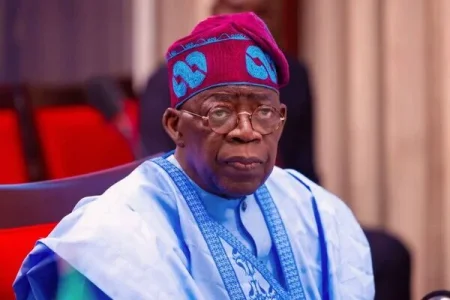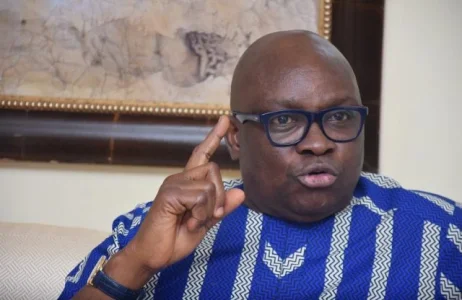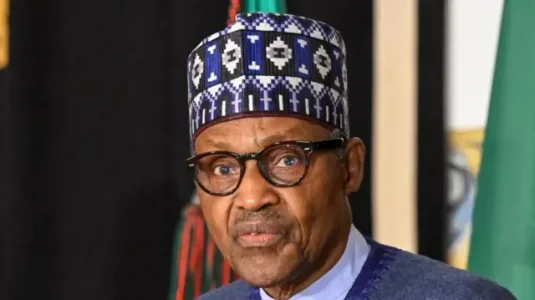
As Delta joins other oil-rich southern states in aligning with the APC, a new political geography is emerging in Nigeria that reflects less about party ideology and more about a fundamental north-south power reconfiguration, with northern political interests consolidating control while southern political blocs seek access through strategic alignment.
- Recent southern state defections represent a strategic response to northern consolidation of federal power
- The pattern shows southern politicians choosing alignment with the northern-dominated APC rather than opposition
- Traditional political parties are increasingly functioning as vehicles for regional interests rather than ideological positions
- The shift could fundamentally alter how national resources and positions are negotiated and distributed
- Political appointments and economic project allocations may increasingly follow regional rather than party considerations
"What we are witnessing is not simply party politics but a recalibration of Nigeria's regional power equation," observes Professor Chidi Odinkalu, former chairman of the National Human Rights Commission. "Southern politicians recognize that access to the national treasury requires alignment with northern political interests that currently dominate federal structures. The defections are merely symptoms of this reality."
As 2027 approaches, this emerging regional dynamic raises profound questions about Nigeria's federal structure. Will the country see the birth of explicitly regional political formations that honestly reflect geographical interests? Or will the appearance of national parties persist while masking increasingly regional calculations? The answer may determine whether Nigeria's unity becomes stronger through honest negotiation or weaker through disguised division.




